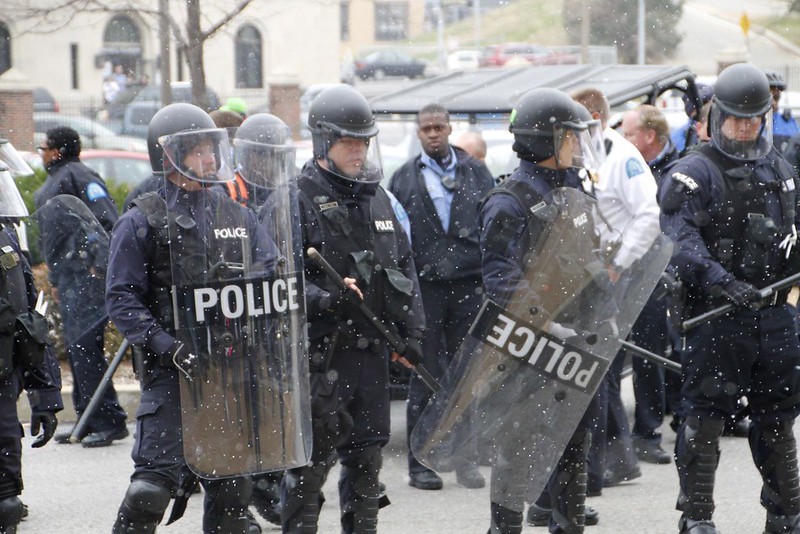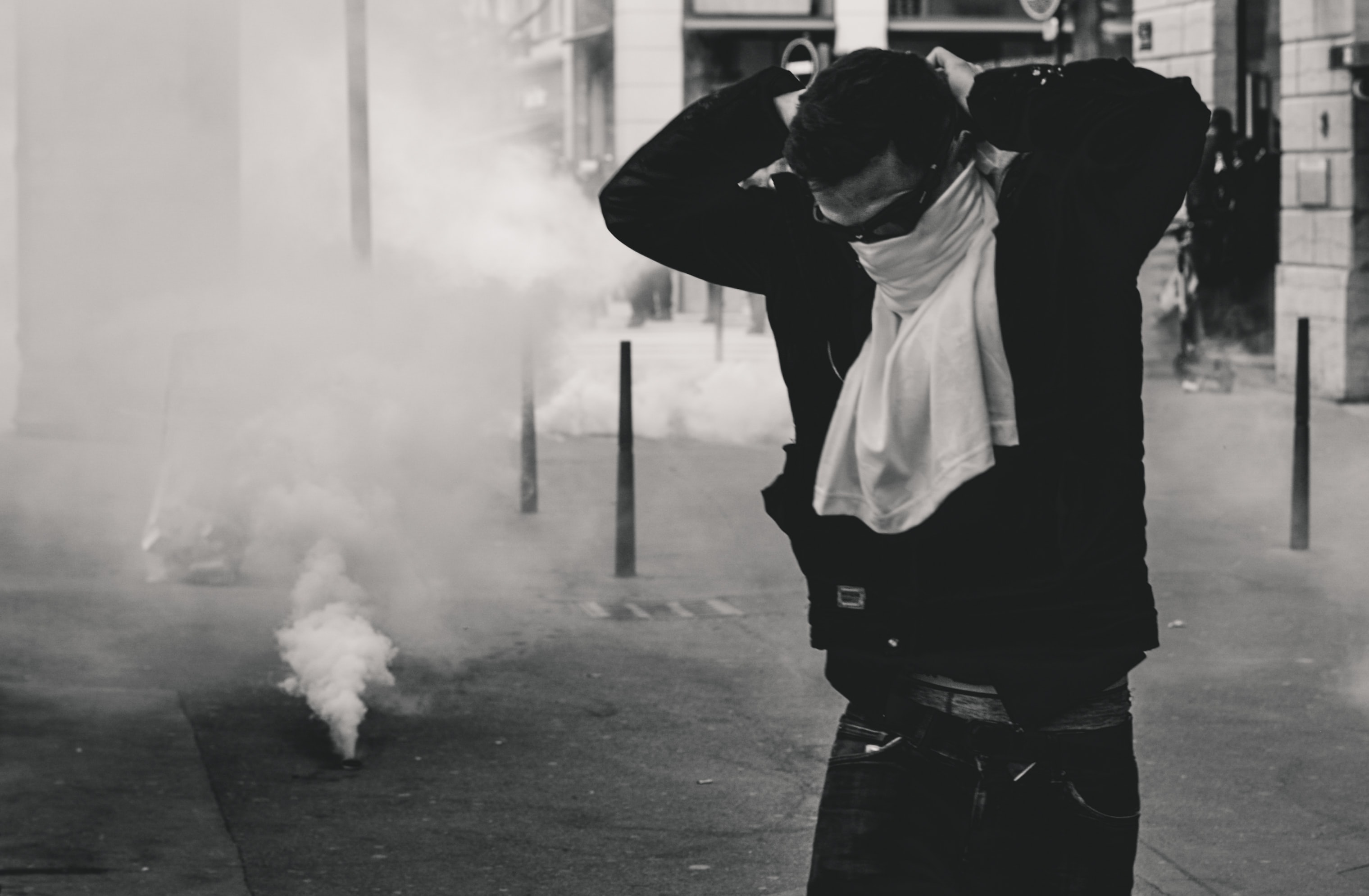Scientists refer to tear gas as a lachrymator agent, from the Latin “lacrima,” meaning “tear.”
Most of us are familiar with tear gas, whether we’ve seen it in movies or dealt with it in real life. This is yet another weapon available to police in Georgia, and officers typically deploy it to disperse crowds and deal with civil unrest. Like many of the weapons available to the police in this state, it is considered non-lethal. But how harmful is it really? Can it be considered a form of police brutality?
If you think you’ve experienced police brutality in Georgia, it makes sense to get in touch with a qualified, experienced police brutality attorney as soon as possible. These legal professionals can assess your situation and determine whether what you’ve experienced does indeed constitute police brutality. If officers have acted in an unlawful manner, you can file a police brutality lawsuit and hold them accountable. Not only does this help you pursue justice, but it can also provide you with a considerable financial settlement.
What is Tear Gas?
Scientists refer to tear gas as a lachrymator agent, from the Latin “lacrima,” meaning “tear.” This is often the same gas that is used in pepper spray and aerosol-type weapons. It can also be placed inside small paintball-type projectiles and fired from guns. These balls explode on impact, releasing the gas. It is interesting to note that it is actually banned during wartime, as the Geneva Convention specifically states that no chemical or biological weapons should be used. Tear gas can be deployed with a handheld, thrown grenade. However, police today are more likely to use a man-portable grenade launcher that fires tear gas canisters.
Despite the fact that it has been used by law enforcement in the United States for many years, researchers aren’t sure about the potential long-term health risks. There is evidence to suggest that tear gas could lead to respiratory illnesses and eyesight issues, such as cataracts.

So Does Tear Gas Count as Police Brutality?
The use of tear gas can certainly constitute police brutality under the right conditions. As long as you were posing no threat to anyone, police have no right to fire tear gas at you.
Enlist the Help of a Qualified Attorney Today
If you’ve been searching the Atlanta area for a qualified, experienced police brutality attorney, there are many legal professionals waiting to assist you. These attorneys may have experience with criminal defense, civil rights, and other relevant areas of the law. With their help, you can make sure that officers experience genuine consequences for their misconduct. Tear gas may be non-lethal, but that doesn’t mean officers are free to deploy this weapon against innocent people who weren’t doing anything wrong. Stand up for your rights, book your consultation, and pursue justice alongside a qualified attorney today.


Join the conversation!